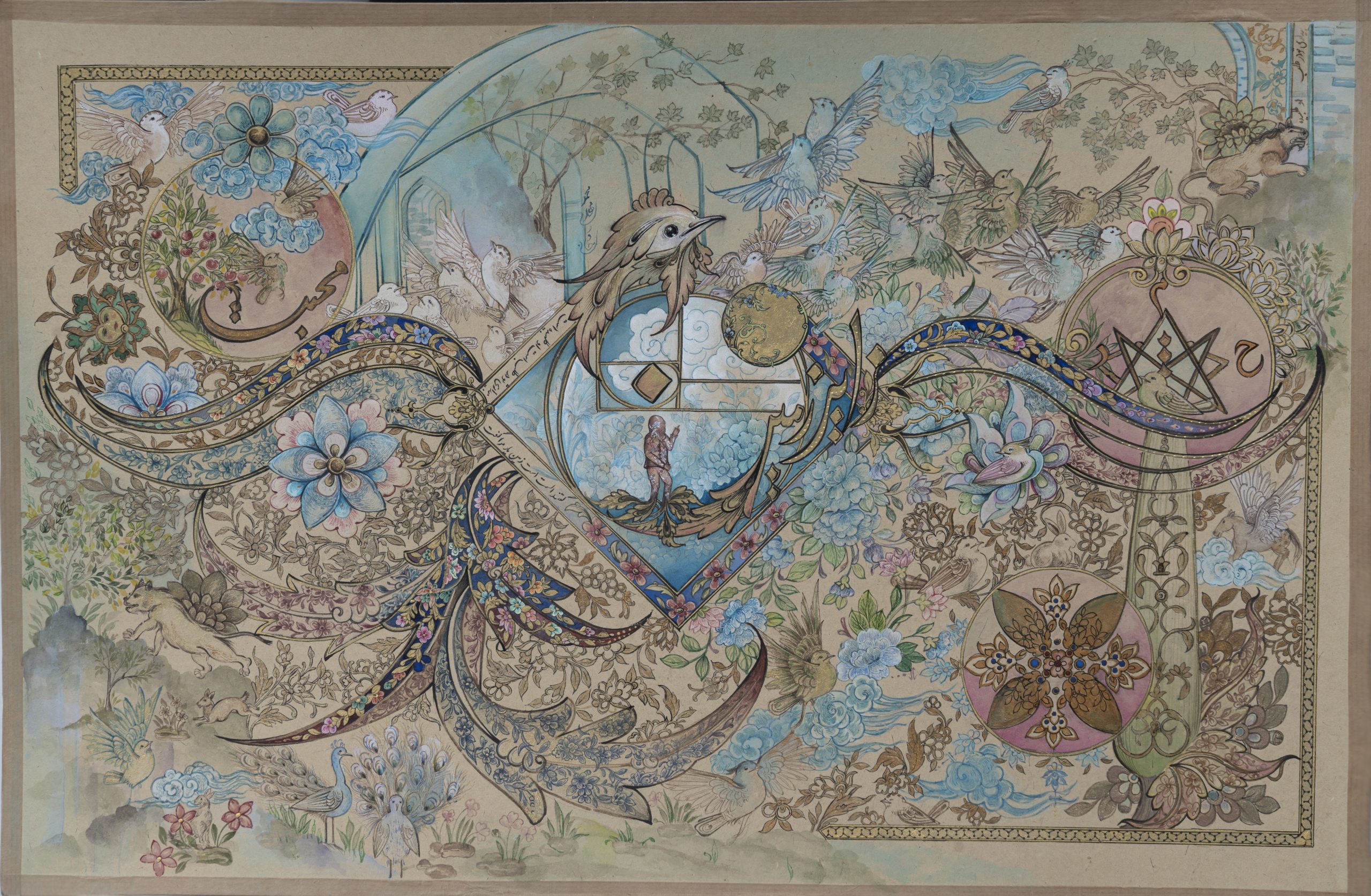PITEOT: The Startup Heralding a Spiritual Revolution
In the first two Industrial Revolutions, humankind triumphed over the limitations imposed by the frailty of its earthly body through the invention of the steam engine and electricity. Before these revolutions, the weakness of human physical capacity confined exploration to short distances upon the surface of this blue planet. Yet, as a result of those transformative epochs, humanity gained the power to traverse from one end of the Earth to the other within mere hours, and the dream of journeying to other worlds became more attainable than ever before. The material body of man no longer stands as a barrier to his exultant pursuit of discovery—whether upon this planet or among the celestial spheres beyond.
In the subsequent two Industrial Revolutions—those of the Digital Age and Artificial Intelligence—humanity has begun to transcend the limits of the mind itself. Now, quantum computers perform calculations in a fraction of a second that, were they to be undertaken by the human brain, would require a span of time exceeding the very age of the cosmos. Such staggering power evokes even the conjecture of parallel universes, realms perhaps running alongside our own, born of the same boundless curiosity that has ever driven humankind to surpass itself.
Imagine a humanity that has transcended both the limitations of body and mind, beholding itself upon the summits of discovery—yet still has not overcome the boundaries of its own being. The most primordial question shared among all human beings remains: Who am I, and where is this place? This question forms the Primordial Bond uniting all of humankind—a bond referred to in this project by that very name.
All religions, spiritual traditions, and philosophies have arisen—and continue to arise—in response to these very questions. Even the exhilaration of discovery and the relentless striving to overcome human limitations have, at their core, been driven by the longing to answer them.
Now imagine that, after abolishing every constraint of body and intellect, humankind still fails to answer this most fundamental inquiry. Such a being would fall into what may rightly be called a poverty of meaning. Across every plane of existence, humanity yearns ceaselessly to reach the pure essence of Truth itself.
PETIOT : PILGRIM IN THE EARTH ON TIME
Throughout history—from shamanic beliefs and the great world religions such as Buddhism and Christianity to Islam, particularly among the Shi‘a who await the advent of the promised one—the concept of pilgrimage has endured, taking on diverse forms and manifestations in every age and culture.
Beyond its strictly religious dimensions, pilgrimage may be described as a movement through which individuals express and reaffirm their identity and culture.
Ian Reader, in his book Pilgrimage, published by Oxford University Press, writes:
“Whether or not the act of pilgrimage appears rational is beside the point; what matters is that it represents one of humanity’s most enduring behaviors—observable among the earliest tribal societies and still prevalent today in Islam, Christianity, Hinduism, and Buddhism. Even in the secular world, this impulse persists, only in altered forms: visiting the Van Gogh Museum or the tomb of Shakespeare may equally be understood as modern expressions of the same fundamental drive. Reader argues that a deep-seated human longing exists—to step away from the mundane, to seek new meanings, and to reaffirm one’s identity. It is this profound desire that gives rise to pilgrimage.”
In today’s world, much of humankind has become ensnared in a state of mesmeric disorientation, estranged from its ethereal nature, having forgotten its true identity and rightful place in the order of existence.
PITEOT, by cultivating a spirit of inquiry and wonder, seeks to draw the forgetful human being out of the monotony of daily life and rekindle within them the exaltation of discovering the jewel of meaning that lies dormant in their being.
PITEOT is born of a yearning for growth and learning, of the courage to release and journey forth. Within PITEOT dwells a pure joy—an attentiveness to the signs scattered across existence.
This attentiveness teaches pilgrims that the language of signs is the very language through which one must learn to comprehend the authentic love of Being. The language of signs becomes allied with intelligence itself, so that through this alliance, the human soul—immersed in the ocean of forgetfulness—may rediscover its inner jewel of meaning.
PITEOT, independent of all conventional interpretations of the term pilgrimage, regards pilgrimage as an inner phenomenon: a journey across this pale blue planet and the woven rug of space-time undertaken in search of signs that lead to self-realization. In truth, PITEOT is the pilgrim of its own pilgrimage, seeking its very self among the signs it has entrusted to the Earth.
As pilgrims traverse their paths of exploration, amidst the signs of existence, they encounter the energy of the Truth of Presence, and in this encounter, they learn reliance and surrender.
What distinguishes pilgrimage from mere travel is the observance of the rites that precede it—the rites of the pilgrimage in this planet and the woven rug of time-space: attentiveness to signs, devotion to curiosity, and a steadfast refusal to cease in the quest for meaning.
